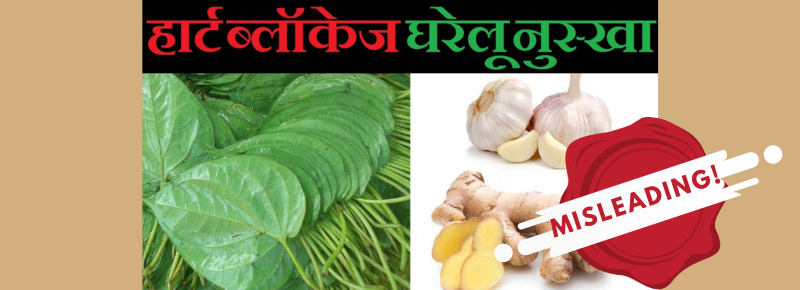Fact-check: Emergency contraceptive pills are safe
Author
Author
- admin / 2 years

- 0
- 2 min read

Author
While they can be a powerful tool of women empowerment, there’s an urgent need for public awareness and access, coupled with efforts to promote gender equality in the reproductive sphere.
A viral tweet – with three million views at the time of this writing – on the perils of using emergency contraceptive pills (ECPs) claims that they pose a serious health and safety risk. First Check fact-checked the claim to find that there is no scientific evidence to back the opinion, which is inherently sexist.
The I-Pill, also known as the morning-after pill, is a hormonal medication that contains levonorgestrel, a form of progestin (synthetic form of the body’s naturally-occurring hormone progesterone). It is a first-line oral emergency contraceptive with approval from the World Health Organization for pregnancy prevention. It is also approved by the Food and Drug Administration (FDA) in the US, for use within 72 hours of unprotected sexual intercourse or in cases of presumed contraceptive failure.
Emergency contraception – copper-bearing intrauterine devices (IUDs) and ECPs – can prevent up to over 95% of pregnancies when taken within five days after intercourse. Some of the side effects include nausea, lower abdominal pain, tiredness, headache, diarrhea, dizziness, and uterine bleeding.
While the medical community and women’s rights groups see ECPs as a powerful tool of women empowerment, there’s an urgent need for greater public awareness and access, coupled with efforts to promote gender equality in the reproductive sphere.
An Indian study based on interviews with family planning (FP) service providers, including frontline healthcare workers (ASHAs), nurses, and FP counsellors, revealed that 25% of these providers expressed hesitancy or opposition to offering contraceptives to unmarried youth. This was driven by strong personal beliefs against premarital sex, which was perceived as conflicting with prevailing societal norms.
Some providers also voiced concerns about potential negative community reactions if they suggested contraceptives for unmarried youth. In a few cases, providers even considered it illegal to provide contraceptives to unmarried youth, despite the absence of any such legal prohibition in the country.
These findings indicate the ongoing conflict among service providers between medical eligibility criteria and deeply ingrained social beliefs, despite the existence of national programmes aimed at improving sexual and reproductive health for adolescents and youth. In India, ECPs were introduced in 2002 by the Ministry of Health and Family Welfare and in 2005, they were made an over-the-counter (OTC) drug.









